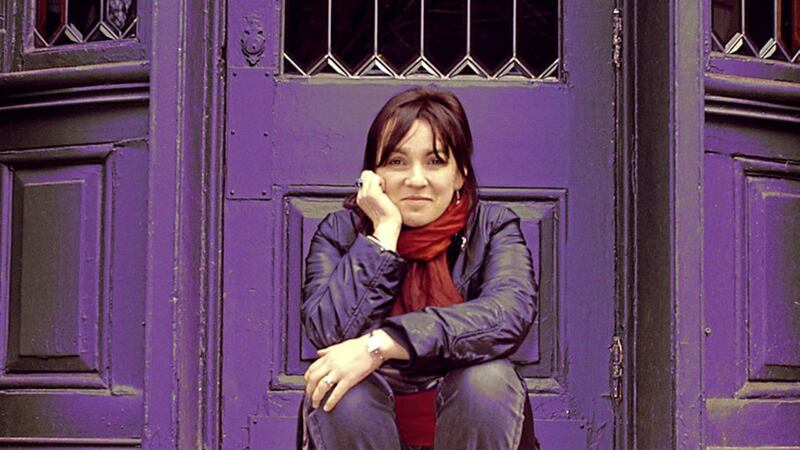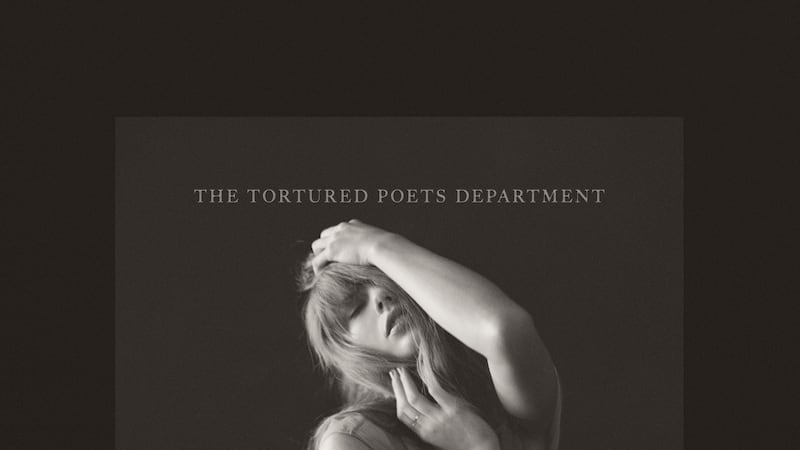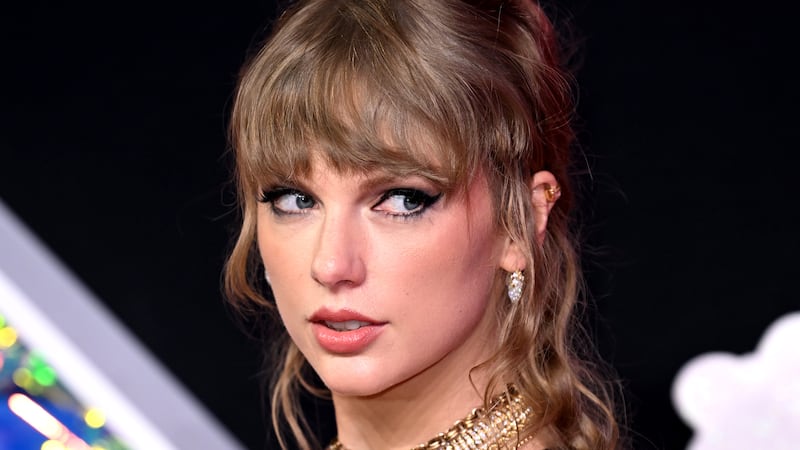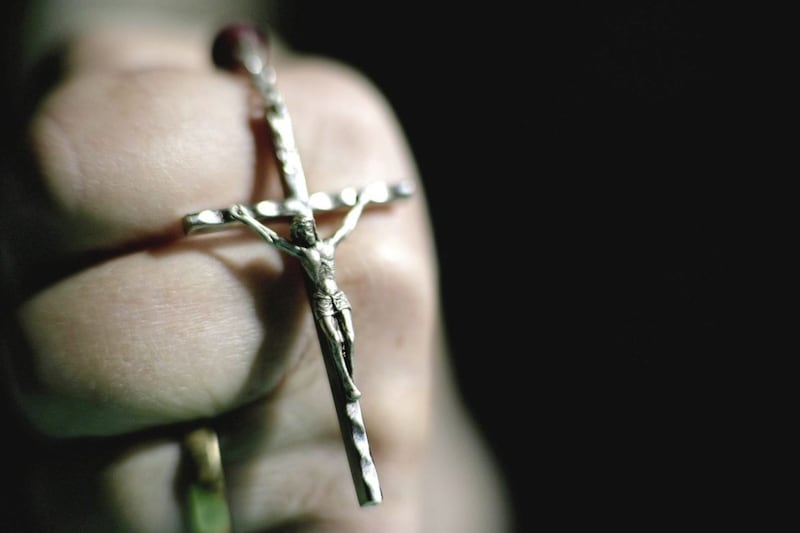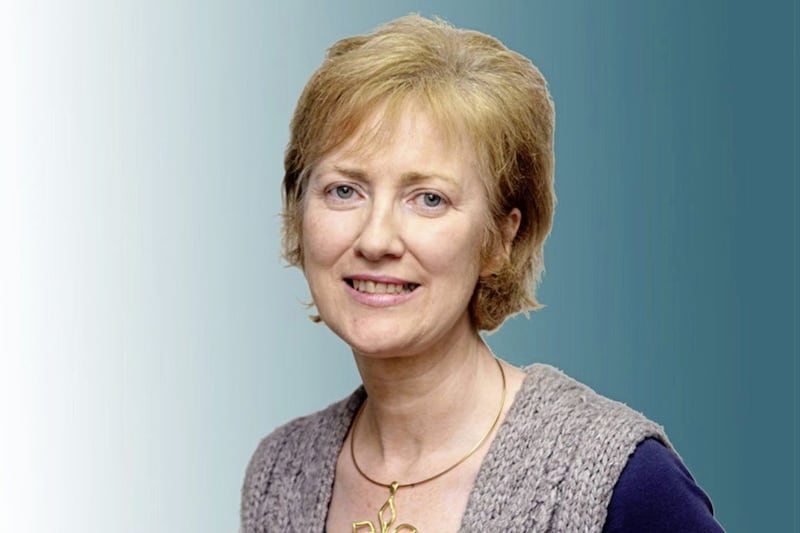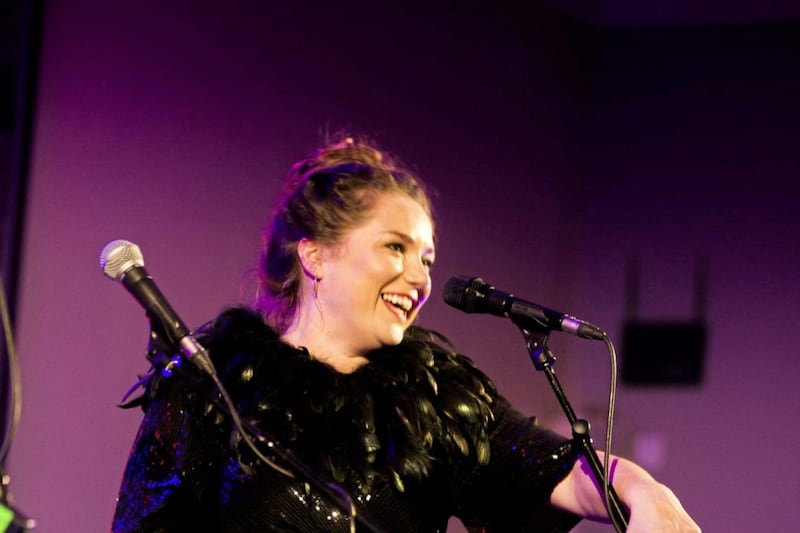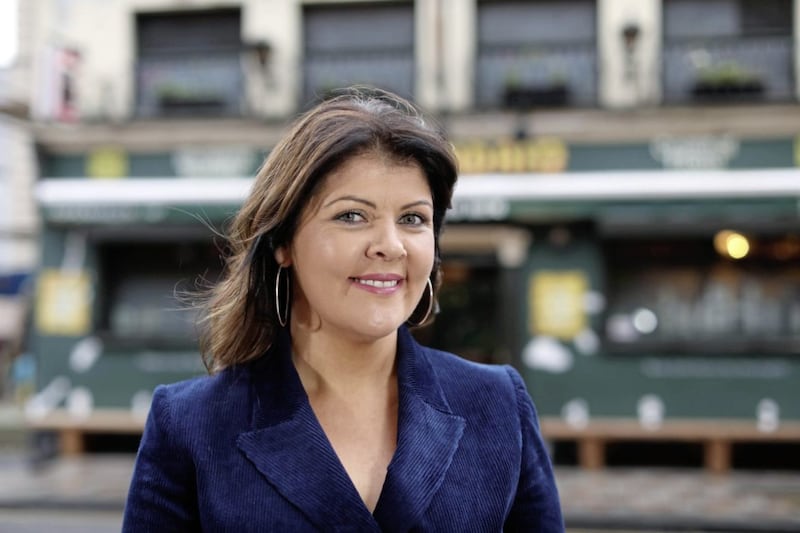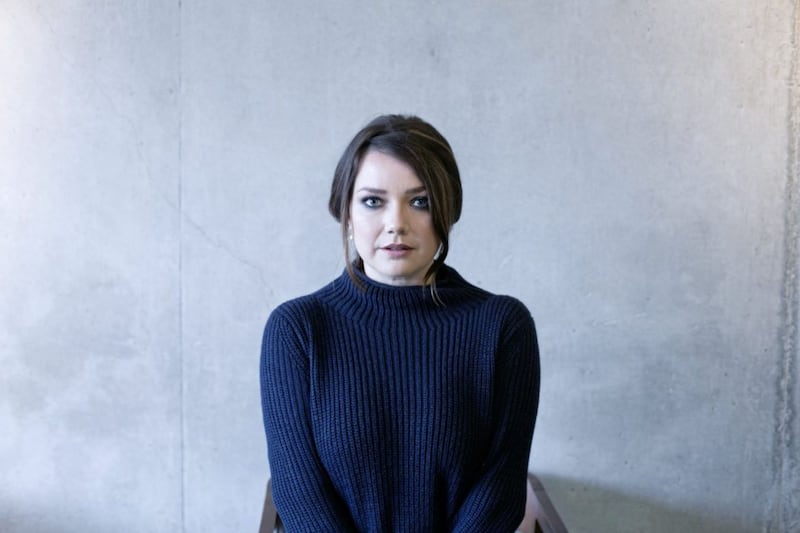SOMETIMES things that are right under your nose, staring you in the face, right in front of your eyes, are so obvious that you miss them. It’s only when someone points it out to you that you twig on.
The 'bleedin’ obvious' in this case is gender equality in the music profession and while 45 pop, jazz and classical festivals worldwide have pledged to achieve a 50/50 gender balance by 2022, the person who pointed out that, “yes folks, we have a problem in Irish folk and trad too” was Cork singer Karan Casey.
Karan was singing at the National Concert Hall in Dublin at a fundraiser for the Armagh Pipers Club when she noticed, of roughly 16 artists taking part, she was the only woman. But unlike anyone before, Karan addressed the issue from the stage.
Previously, female performers had been chatting among themselves about a whole host of issues which affected them but Karan’s intervention was the catalyst for the setting up of a new group called Fair Plé which aims to start a conversation about the role of women in the music industry.
Among the most ardent advocates are Karan, Muireann Nic Amhlaoibh, Síle Denvir, Niamh Dunne, Úna Monaghan and Pauline Scanlon – the Fair Plé team.
I got the chance to chat to Pauline about the new organisation this week, and first of all I asked her how the situation came about where women are so acutely under-represented in all areas of the music industry. (The PRS Foundation is “the UK’s leading funder of new music and talent development across all genres and last year they ran a survey which showed that “78 per cent of women interviewed had experienced some form of sexism in the music industry; that only 16 per cent of UK songwriters and composers are female and that men dominated every other role in the music business.)
Was it down to simple sexism and patriarchy? Pauline believes the problem is more complex than that.
“That’s a very good question and I don’t know if anybody has a clear answer,” she says. “I think that some of it is irresponsible or lazy programming. Some of it is unwitting inasmuch as some people don’t even realise that in the brochure or the programme they have in front of them, they haven’t programmed many, or in some cases, any women performers. That’s not uncommon.
“Something else we’ve found is that women aren’t putting themselves forward as much as they could and there are various reasons for that, with some women feeling that it’s not for them or that it’s a boys club that is a bit impenetrable and I’m sure everybody has their own reasons – that’s a whole other kettle of fish we should look at as to why that is the case.”
As Pauline points out, equal number of boys and girls start off playing music at school but when it comes to the professional arena the women start to fall off.
“Looking at the posters for this summer’s upcoming festivals, there are so many of them that are so unbalanced,” says Pauline, “but off the top of my head, I could name 50 acts that are exclusively women or heavily feature woman who could have been booked and I know Fair Plé are currently compiling a directory of female musicians/bands/technicians as one of their priorities,” she says.
With there has been lots of talk recently about equal pay for equal work in the likes of BBC, I ask Pauline if there is also a pay gap in the trad world too. While she believes there is, she also says it would be hard to quantify it because people can say “Well, he’s got more followers, or he’s a bigger act".
“However, I know in my own career, that there have been times when I have played gigs and did the same work with a man who I would see as my equal and I know that I got paid less than he did. I know that I have, for sure,” says Pauline.
In an interview with Ronan Browne on RTÉ’s The Rolling Wave, Karan Casey used a word I hadn’t heard before in the context of musicians. She talked about “the workplace” and while there are tomes of rules and regulations in most industries regarding health and safety and decent working conditions, Karan wondered what the workplace of a professional singer actually was.
“You could be at an airport at four in the morning, you could be in a van all day, you could be backstage, in the green room, and I’ve had years of being the only woman in all of those situations… and there are no codes of practice really, and I think quite a lot of incidents have come up and women have just found it difficult.
“I think if there were more women there, and there was more of a balance then we wouldn’t find things so difficult,” she says.
If a woman gets pregnant, she’ll get the 'Well, you knew what you were getting yourself into when you started’ line and hope that after disappearing for months that her career is still relevant when she comes back.
There are so many issues to address that Fair Plé are organising a day of talks and panel discussions on everything from technical jobs in music to mental health.
The event will take place on at Liberty Hall on May 18 and 19.
And yet. And yet. Despite all the hurdles and difficulties there are so many talented women all over the country who are playing and writing and recording brilliant folk and traditional music for us, the audience, teaching it to kids and adults, playing it in halls and pubs and festivals and trying to make a living out of it as best they can despite the challenges.
And what can people in the industry do? Here’s what Karan Casey suggests on her Facebook page: “Get together, women and men, call each other up, go for a cup of coffee and talk through these issues.
"I have spent the past two weeks reading the most heartrending stories, we are doing the right thing.
"Personally I am determined that we move through these sea changes TOGETHER. If we can think creatively and TOGETHER we can achieve fairness. It is actually already starting to happen!"
